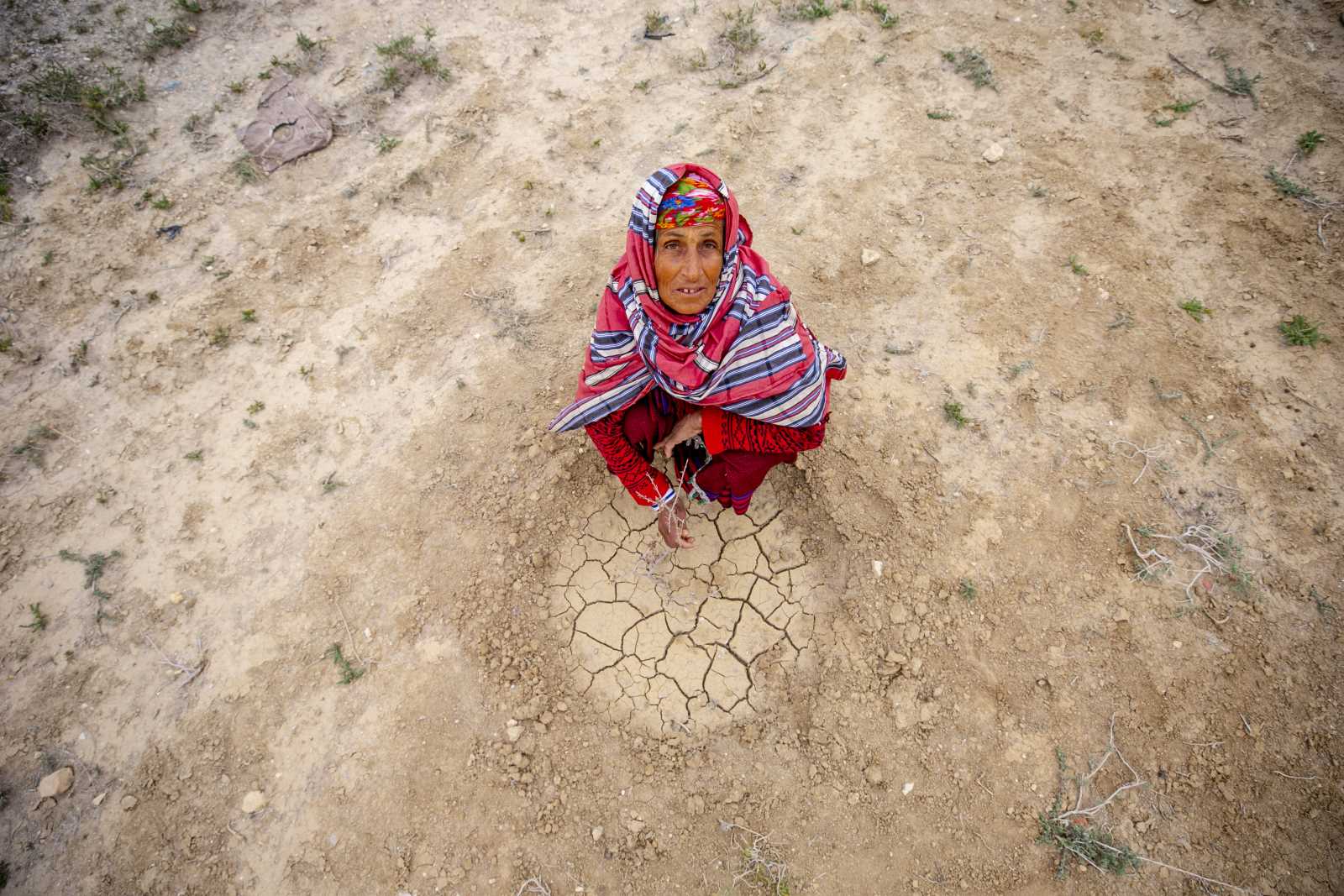Globalisation
People dying of hunger are “being murdered”

“A child dying of hunger today is being murdered”, says the former UN special rapporteur on the right to food. While one third of the food produced worldwide is thrown away every year, 815 million people suffered from under-nutrition in 2016, according to the Food and Agriculture Organization (FAO). In the previous year, 38 million fewer people were affected. Every year, about one percent of the world’s population dies from hunger and its immediate consequences.
Ziegler emphasises that people who lack access to food simply cannot afford it. The reasons are structural, Ziegler argues, and one issue is the liberalisation of the world economy. Multinational corporations buy land in the global south to produce goods for the global north, weakening subsistence farming and production for local markets. Additionally, climate change and natural disasters lead to famine, while food speculation increases food prices. For all these reasons, people struggle to get the provisions they need.
Humanitarian aid organisations are chronically underfunded in acute hunger crises. Ziegler recalls that only $ 247 million of the required $ 4 billion were committed to the World Food Program (WFP) at the donor conference on the hunger crisis in spring 2017. At the same time, private investors are becoming more involved in humanitarian aid, and they intend to maximise profits. Launched in September 2017, the Humanitarian Impact Bond raised 25 million Swiss francs for the International Committee of the Red Cross (ICRC), which is using the money to finance three rehabilitation centres in the Democratic Republic of the Congo, Mali and Nigeria. Once pre-agreed development goals are achieved, the private investors will receive repayments, including interest and perhaps even an extra profit. The repayment is guaranteed, among others, by the governments of Britain, Belgium, Italy and Switzerland. Ziegler sees a dangerous trend that could erode the moral basis of humanitarian aid.
At an event hosted by medico international, an international non-governmental organisation, in Frankfurt, Ziegler said in February that governments around the world are too closely linked to financial elites, and that official development cooperation supports unjust structures through its cooperation with despots and multinational corporations. Moreover, the governments are increasingly losing regulatory competence and sovereignty through market liberal restructuring and globalisation.
A working group of the UN Human Rights Council is currently working on a draft agreement for an international agreement on business and human rights. Although it may take years to come into force, Ziegler hopes the agreement will replace companies’ ineffective voluntary commitments and serve to better protect the human rights of workers and people affected by business operations. The agreement would force nation states to establish laws that compel companies to respect human rights in their global supply chains. It could also empower victims of rights violations to sue companies for compensation.
Ziegler places the greatest hopes in a “planetary civil society”, which is resisting global injustice. One example is La Via Campesina, an international movement of peasants and farm labourers. La Via Campesina campaigns for the principle of food security – the right of every country to provide for itself. This approach is meant to give all people access to a sufficient amount of healthy and nutritious food. Ziegler also praises the World Social Forum, an annual meeting of civil society organisations critical of globalisation.














